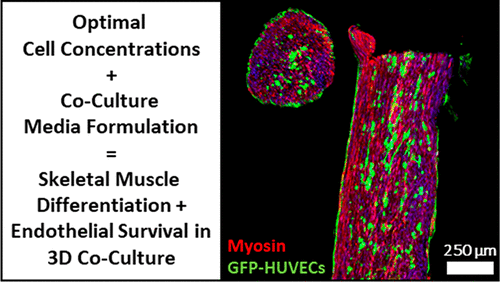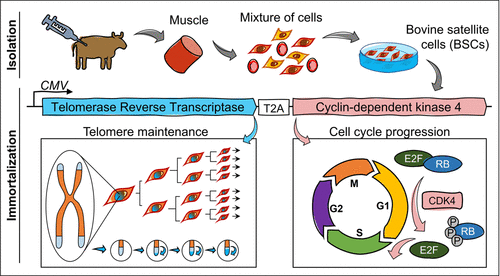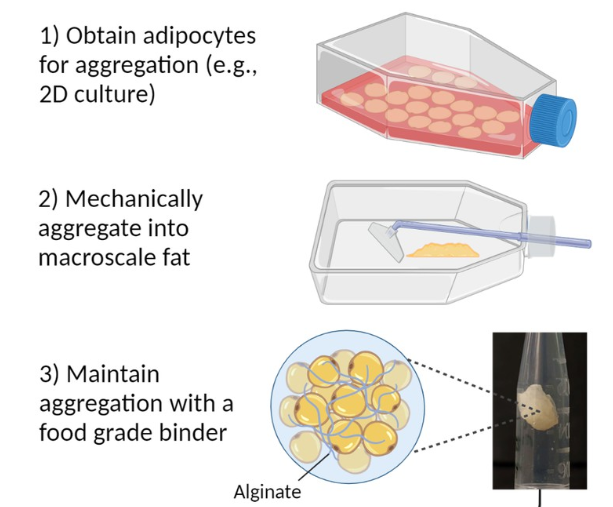- Overview
- Summary
- Cite This Publication
Overview
Who: Emily Soice, Jeremiah Johnston
Published: October 28, 2021
Where: International Journal of Molecular Sciences
Key Takeaway: Immortalized cell lines are necessary for cultured meat production, but face challenges in development, meeting safety standards, and being accepted by consumers.
Research Topics:
Summary
Emily Soice & Jeremiah Johnston explore the need for non-human immortalized cell lines for the production of cultured meat. They argue immortalizing cell lines is necessary for industrial-scale cellular agriculture, but that there are significant technical challenges. Most notably, variance between species in physiology, biochemistry, etc. necessitates additional species-specific research before attempts at immortalization. The technical challenges are also overshadowed by regulatory and social challenges with using immortalized cell lines in food products; not only will they need to uphold federal safety standards, they will also be challenged, Soice & Johnston argue, by consumer hesitance to consume genetically modified products. Ultimately, they conclude that more research is needed for safe and effective cell line development for cellular agriculture.
Written by Morgan Ziegelski
Cite This Publication
Soice, E., & Johnston, J. (2021). Immortalizing Cells for Human Consumption. International Journal of Molecular Sciences, 22(21), 11660. http://dx.doi.org/10.3390/ijms222111660
You Might Also Like...

Optimization of Culture Media and Cell Ratios for 3D In Vitro Skeletal Muscle Tissues with Endothelial Cells
John SK Yuen Jr., Brigid M Barrick, Hailey DiCindio, Jaymie A Pietropinto, and David L Kaplan

Immortalized Bovine Satellite Cells for Cultured Meat Applications
Andrew J. Stout, Miles J. Arnett, Kristin Chai, Tina Guo, Lishu Liao, Addison B. Mirliani, Miriam L. Rittenberg, Michelle Shub, Eugene C. White, John S. K. Yuen Jr., Xiaoli Zhang, and David L. Kaplan

Aggregating in vitro-grown adipocytes to produce macroscale cell-cultured fat tissue with tunable lipid compositions for food applications
John Se Kit Yuen Jr, Michael K Saad, Ning Xiang, Brigid M Barrick, Hailey DiCindio, Chunmei Li, Sabrina W Zhang, Miriam Rittenberg, Emily T Lew, Kevin Lin Zhang, Glenn Leung, Jaymie A Pietropinto, David L Kaplan

